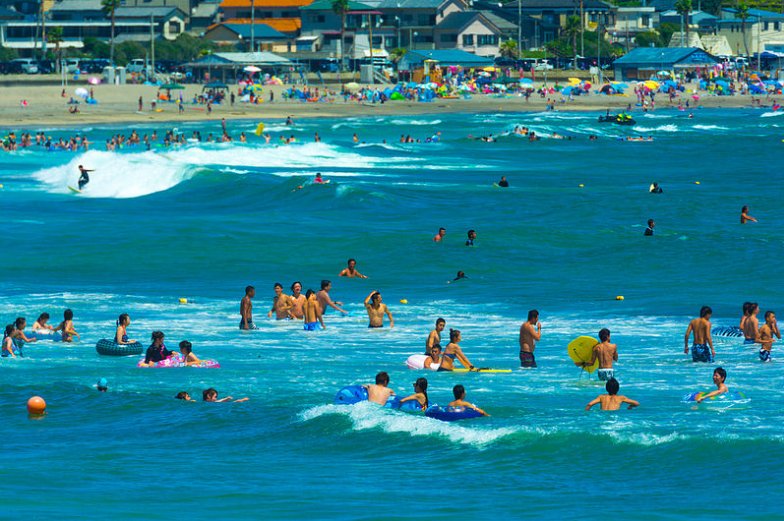|
In previous months, we have shared the results of Royal Life Saving Society’s National Drowning Report 2019 revealing some pleasing statistics such as a 30% reduction in drowning of children under the age of five compared to the 10 year average.
Whilst this is a positive step in the right direction, the latest statistics are concerning. Alarmingly, adults accounted for the most drowning deaths in the 2018 - 2019 period, with more than 85% of drowning deaths occurring in people aged 18 and older. Some of the risk factors identified in drowning deaths for adults include pre-existing medical conditions, alcohol use and drug use - overwhelmingly from legal medications. What message can we take from this horrific figure? The first, and perhaps most obvious is that learning to swim is an essential skill for any age group, including adults. It is never too late to learn. Another important message is to take the time to survey your surroundings, particularly at the beach and inland waterways such as rivers and creeks. Follow the advice of lifeguards by swimming between the red and yellow flags. Educate yourself on how to spot a rip and how to get yourself to safety if you find yourself caught in one. The Sydney Morning Herald recently released an interactive guide on how to spot a rip. We urge our families to view this article and even share with your children. It includes visuals of some of Sydney’s most popular beaches, including beaches our families frequent, clearly showing rips along the shore. Along with teaching adults how to swim and surveying and supervising the scene in aquatic environments, have you considered the importance of continued swimming? Perhaps one of the most misguided thoughts in regards to swimming, and certainly one we hear from parents far too often is that “I just want my child to know how to save themselves.” This is problematic for several reasons, particularly because parents view swimming lessons as a way to make their children ‘drown proof.’ There is no such thing as a child being ‘drown proof,’ nor water safe. Swimming in any environment ALWAYS carries a risk and an element of danger, and these are heightened outside of the controlled environment of a swimming lesson. The National Water Safety Strategy 2008-2011 identified that there are falling swimming and water safety achievement levels in children across Australia. A key reason for this is parents stopping swimming lessons too early. Some parents see that their child has hit a ‘plateau’ – a naturally occurring stage when learning any skill, not just those in swimming – and stop swimming. Others see their children reach a benchmark such as being able to swim independently, or master freestyle and cease lessons. Another common misconception amongst parents is that squads are for those who want to pursue a competitive career in swimming. We often hear “I don’t want my child to go to the Olympics, I just want them to learn how to swim!” as though swimming in a squad is only for ‘serious’ swimmers and not simply an extension of what is learnt in the learn-to-swim program. Whilst there is a focus nationwide on learn-to-swim, that should not signal the end of an aquatic education. Skills are quickly lost in times of danger and panic and even strong swimmers can find themselves struggling in difficult and life threatening situations. Shane Daw, Surf Life Saving Australia's Coastal Safety Manager, points out that "there's a big disconnect where we need people to stop overestimating their ability. Things can go wrong and they can go wrong very quickly." To give your child the best aquatic education, children are encouraged to continue developing their skills, fitness and technique well beyond the learn-to-swim program. Squads provide students with the chance to consolidate their skills to take into adulthood. Learning to swim is similar to learning a language – to become proficient and fluent in a language requires an initial learning period followed by a consolidation period. If a student ceases to speak in that language (even if they were once proficient at it) their ability to converse easily decreases over time. To truly be fluent in a language requires regular practice over a long period of time, just like swimming. Author: Josephine Moss (Swim School Coordinator) To check out the interactive guide to spotting a rip, see: https://www.smh.com.au/interactive/2018/how-to-spot-a-rip/ Comments are closed.
|
Details
Archives
April 2024
Categories |
We Would Love to Have You Visit Soon!
Address524 Railway Pde Hurstville
|
Telephone |
|
© Copyright 2019 Col Jones Swim Fitness


 RSS Feed
RSS Feed